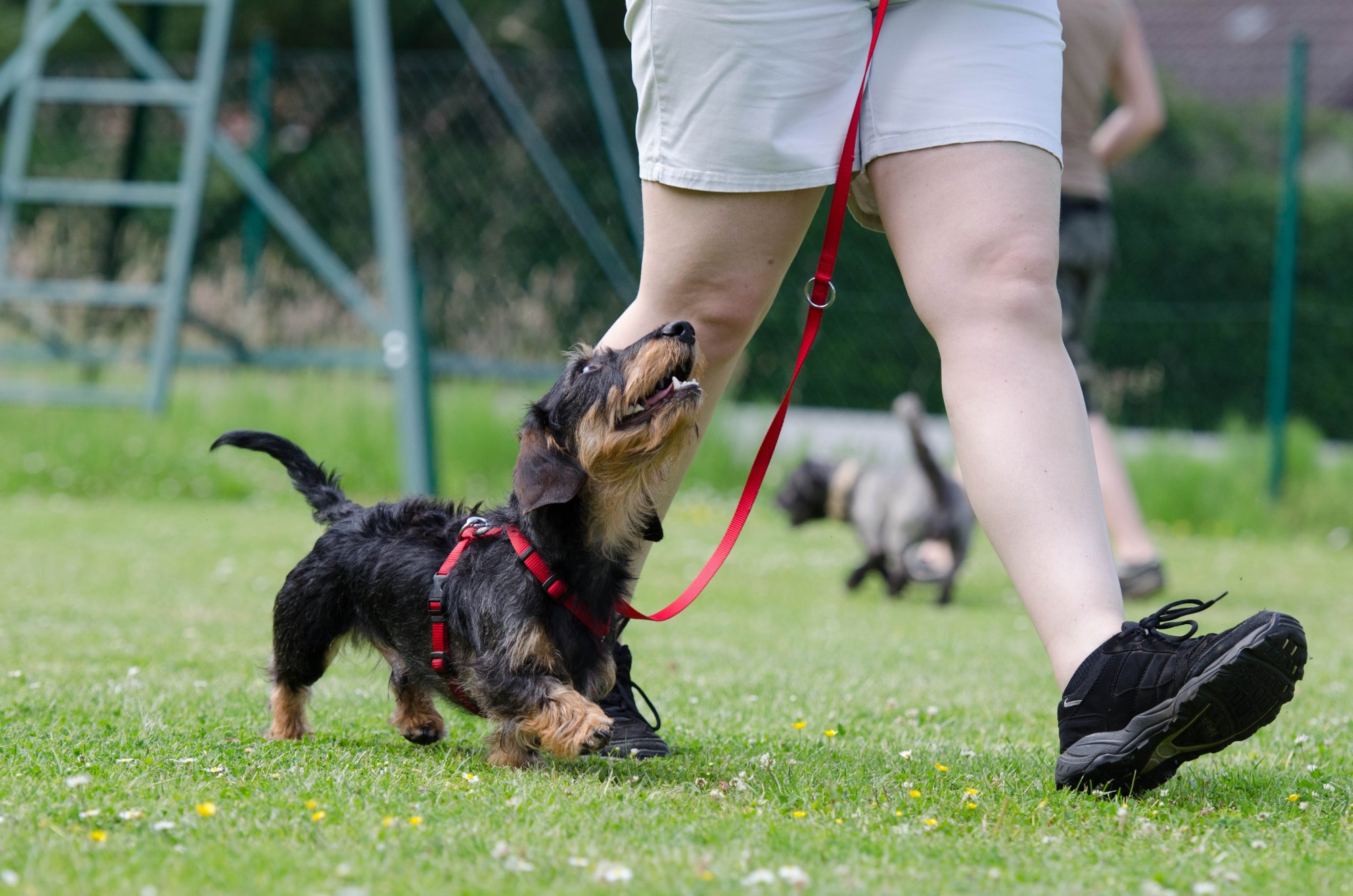Nearly 40% of American households have at least one dog. That’s a lot of dogs, each with their own unique quirks and lovable characteristics.
But most dogs come with some challenges too, and training can help them learn healthy habits and positive behaviors.
Whether you’re training a dog of your own or you’re looking to work with dogs professionally, here are five things all dog trainers must know.
- Learning to Understand Should Go Both Ways
When training a new dog, your goal is to communicate what you need them to do and what is expected of them.
But just as you’ll teach them commands and cues in your language, you must also learn their language too. Dogs can’t talk, but they can use body language and specific behaviors to communicate their feelings or needs.
Take time learning and researching about canine communication so that the understanding you work towards during training is mutual.
- Positive Reinforcement Is Key
Amateur dog trainers or average pet owners may rely on punishments such as scolding and even spanking to teach a dog what to do (or what not to do). But more than harsh punishment, positive reinforcement is an effective training tool.
Treats are the best way to reinforce good behavior. Praise pets, and try using a clicker followed by a treat when the dog behaves properly.
- Patience Is a Virtue
Dog training isn’t easy, nor is it fast.
While certain breeds or younger puppies may catch on quickly, other dogs will take time to understand commands or outgrow destructive behavior. This can depend on several factors, including their background and personal temperament.
But no matter how slow a dog may be to learn, dog trainers must know how to stay patient and calm. Consistency over time, not frustration and haste, will help a dog succeed.
- Each Breed Is Unique
Dog trainers should know the demands of different breeds and how to teach them obedience.
Different breeds have different motivators and go-to coping behaviors, and understanding these unique characteristics can help personalize training.
It’s important to remember, though, that not all dogs from the same breed will act exactly the same. At the end of the day, each individual dog will have their own traits that are worth taking time to get to know.
- You Can Teach an Old Dog New Tricks
Dog trainers must know that it’s never too late to train a dog. Even dogs from complicated or abusive backgrounds can learn to thrive in a new and healthier setting.
Obedience training can be offered to adult dogs just like it’s offered to puppies. But each age group will require slightly different environments, so separating dogs by age level can be useful.
Blue Chip K9 offers a variety of options for older dogs, including private adult dog training and boarded training programs. It’s proof that you really can teach an old dog new tricks after all.
Basics All Dog Trainers Must Know
Whether you’re training your own dog or training others’ professionally, there are several things dog trainers must know.
Keep these five points in mind with the dogs you train. And remember, training can be challenging, but as long as you don’t give up, your pup won’t either!
Learn more about dog behavior and how to care for your furry friends in our pet articles!


